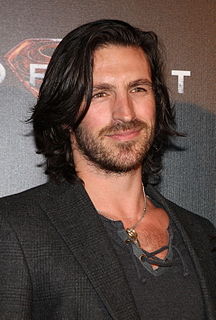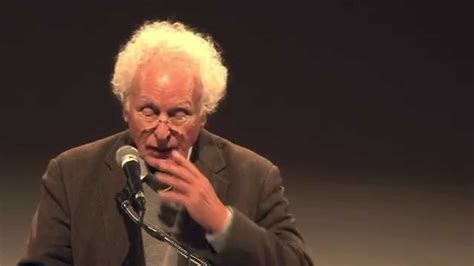A Quote by Eoin Macken
I was just fascinated with the brain and the mind, and I found psychology engaging for writing about people, and that fed into my interest in cinema.
Related Quotes
I was initially just fascinated by the Branch Davidians. This doesn't really apply to Rachel Koresh because she was born into the church, and that was all she had ever known, but I was fascinated by the psychology of how people get to that place - a place like Mount Carmel and an FBI stand-off for 51 days.
In my mind it's so much fun to have something that has clues and is mysterious - something that is understood intuitively rather than just being spoon-fed to you. That's the beauty of cinema, and it's hardly ever even tried. These days, most films are pretty easily understood, and so people's minds stop working.
Scientists who study brain-wave activity found that the longer one watches television, the more likely the brain will slip into "alpha" level: a slow, steady brain-wave pattern in which the mind is in its most receptive mode. It is noncoggnitive mode; i.e., information can be placed into the mind directly, without viewer participation.
Everywhere I go, I meet people ready for change. People who are fed up with the exhaustion that comes from devoting one's life to the work-watch-spend treadmill. People who know in their hearts that it's wrong to treat the planet and whole groups of people as disposable. People who are challenging the bogus stories we've been fed for years and are writing their own about hope and love and working together to build a better future for everyone.
'Freakonomics' began with a 'N.Y. Times Magazine' profile I wrote about Steve Levitt. I was working on a book about 'the psychology of money,' and since Levitt's an economist, my editor thought I'd be the guy to write about him. Fact is that Levitt has almost no interest in either psychology or money.
That's one thing brands are understanding is, I'm the blogger who's not writing about fashion. I'm not writing about beauty. I'm not writing about gossip. I'm not writing about politics. I'm writing about all of that. I'm the person they can come to if they just want to reach people who care and have their fingers on pop culture.




































